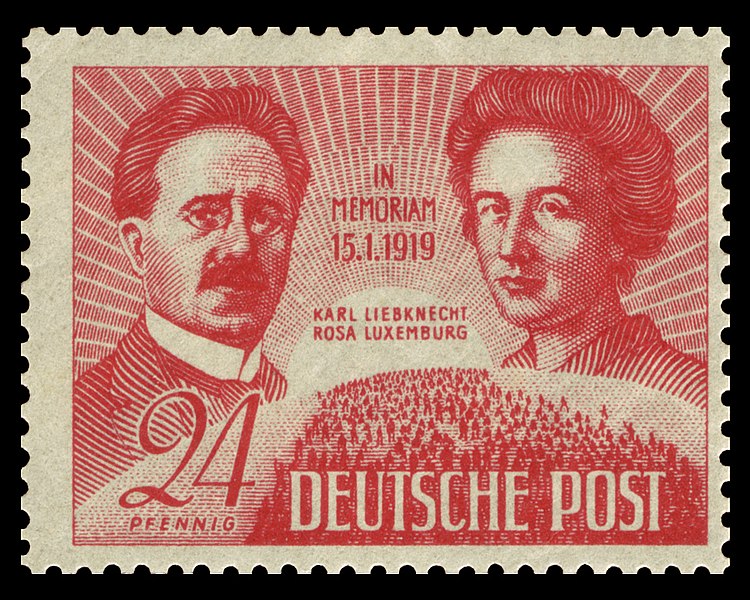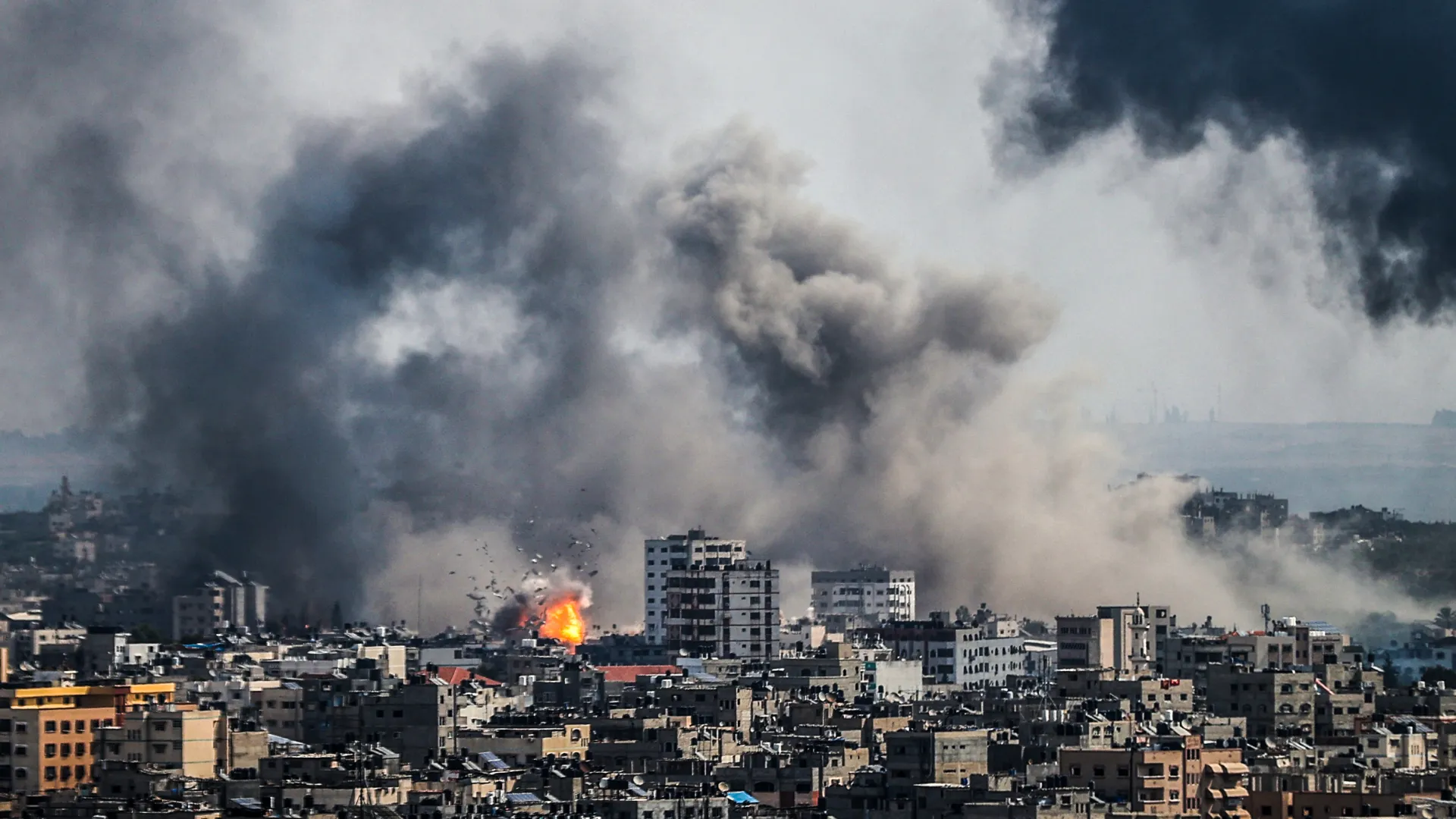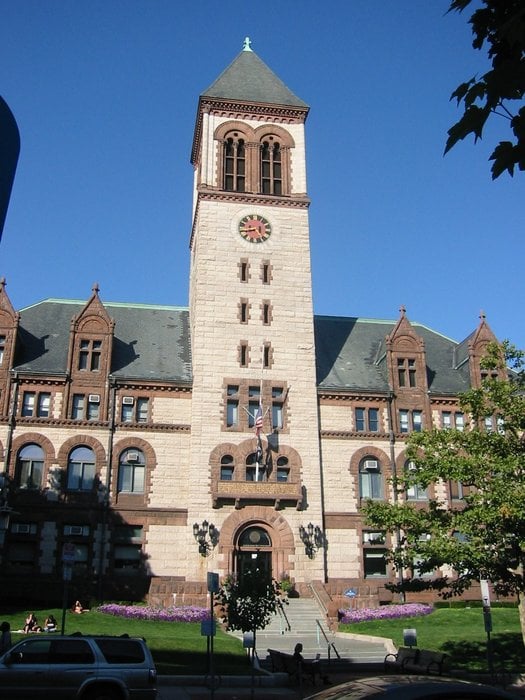By Ben M
(Remarks given at November General Meeting for the Boston Democratic Socialists of America)
This month we commemorate not just the ending of World War One, but also the revolution that brought about that peace. A week ago, the 11th, marked the centennial of the signing of the armistice that ended 4 and a half years of unmitigated carnage and destruction. Nearly 10 million soldiers died in the Great War, as well as millions more civilians, all essentially for nothing. There was no great cause, no great meaning to their sacrifice, just the callous interests of empires and capitalists re-carving the world. Trenches, bombing of civilians, mustard gas, tanks, genocide, and artillery barrages characterized this the great meat grinder that they thought to call the Great War. And those aforementioned capitalists and imperialists had every intention to continue the carnage till nothing remained of Europe but ruins if it weren’t for what Trotsky would call, “the forcible entrance of the masses into the realm of rulership over their own destiny.”1
Last year there was a lot of talk and discussion about the centennial of the Russian Revolution, we here in Boston DSA had some reading groups and discussions ourselves. One of the many features of that event was it took a revolution, technically two revolutions, to pull Russia out of World War One. Truth be told it wasn’t the best of exits, Soviet Russia would be made to suffer for its willingness to obtain peace at any price, but it set the stage.
For in all of the mainstream articles and talk this past week about the centennial of the end of World War One, a particular fact is often absent. It wasn’t the diplomats, politicians, kings, presidents, emperors, generals, admirals, or well-meaning liberal journalists that finally ended the war. It was the soldiers, sailors, and workers of Germany who ended it by throwing down their weapons and refusing to die anymore for the Kaiser. In doing so, to quote Chris Harmen, “the Prussian monarchy had reigned for hundreds of years. It ruled the whole of Germany for half a century. Now it collapsed in a few short days and hardly a shot was fired in its defense.”2
So I am not going to give a quick play by play run down to the end of the Prussian Monarchy and World War One, and the start of the German Revolution 100 years ago this month:
In the weeks prior to the revolution, socialist and communist (technically the Independent Social-Democrats and the proto Spartacus League, respectively) had been agitating and even preparing for an uprising to bring to the end the war and empire. But it was at the German naval base in Kiel on November 3rd where 20,000 sailors refused to fight any longer for a pointless war that couldn’t be won. The German Navy, which had largely stayed out of the war till now with the exception of the U-Boats, decided it was time to go down fighting. Literally, the admiralty thought it was best to send the fleet out to certain death at this stage, going down in the blaze of glory, which, interestingly enough, would involve no admirals getting killed. The sailors thought this was a terrible idea and mutinied in the 10s of thousands.
The sailors and dock workers quickly formed elected councils of soldiers, sailors, and workers to plan the revolt. Socialists and Communist joined the movement. With the fear of reprisals, again they were all mutineers at this point, the only choice was to spread the revolt and by November 7th sailors were travelling along the railways freeing prisoners and recruiting more soldiers and workers to the cause.
The City of Bremen fell to the council of workers, sailors, and soldiers on the 9th, Kiel on the 7th, the provincial capital of Bavaria also on the 7th, City of Efrut on the 8th. To quote Pierre Broue, “The news from every part of Germany on the night of 8-9 November confirmed it: here the sailors and there the soldiers organized demonstrations, whilst workers came out on strike. Workers and soldiers councils were elected. The prisons were attacked and opened. The red flag, emblem of world revolution, floated over the public buildings.”3
On the November 9th revolution came to Berlin. To quote E.O Volkmann, “the day Marx and his friend desired all their lives had come at last. The Revolution was on the march in the capital of the empire. The firm tread, in step, of the workers battalions echoed in the streets.”4
Some army officers tried to organize resistance at the universities, libraries, and the Reichstag building, but they were all swept aside by the crowds without firing a shot.
At the Imperial Palace, now taken over by the crowd, Karl Liebknecht, the revolutionary socialist who was a parliament member but was sent to jail and then the front, spoke from the balcony to the crowd, proclaiming a German Socialist Republic. He said; “The rule of capitalism, which turned Europe into a cemetary, is henceforward broke. We now have to strain out strength to construct the workers and soldiers government and new proletarian state, a state of peace, joy, and freedom for our German brothers and our brothers throughout the whole world.”5
But at that same moment, just a 27-minute walk according to google maps away at the Reichstag building, the moderate and pro-war socialist Friedrich Ebert had just reluctantly proclaimed the “German Republic.” Not a socialist or workers republic, just a regular republic.
This contradiction, between the vision of a workers socialist republic, and a more moderate “normal” republic, would battle for the soul of Germany for the next five years through multiple mass strikes, aborted revolutions, attempted coups, and more. In the end it would culminate not with a republic of any form, but the rise of Nazi totalitarianism.
But that is a longer story. Regardless, on November 10th the Kaiser had already abdicated and was in exile in the Netherlands, on the 11th World War One was over. It took all of a week from the first mutiny to bring the whole war and the whole war making edifice down.
For those who want to read more on this subject I would suggest:
- Red Flags Over Germany by Sean Larson. A good overview article of these events.
- The German Revolution, 1917-1923 by Pierre Broué. Currently on sale for 50% off! Long but a engrossing read.
- The Lost Revolution: Germany 1918 to 1923 by Chris Harman. Also 50% off. Shorter and more high level, but a good overview.
- Red Rosa: A Graphic Biography of Rosa Luxemburg by Kate Evans. 50% off as well, wow! Most importantly this graphic novel biography will be covered by a reading group on January 15th to commemorate the centennial of Rosa Luxemburg’s death. This book is very entertaining, beautiful, and accessible for those who want to learn more about this important socialist activist and theoretician. The book itself is an excellent thing to read over the holidays in preparation to this reading group.
And with that I will give the last words to Rosa Luxemburg: “The great criminals of this fearful unchained chaos – the ruling classes – are not able to control their own creation. The beast of capital that conjured up the hell of the world war is incapable of banishing it, of restoring real order, of insuring bread and work, peace and civilization, justice and liberty, to tortured humanity. What is being prepared by the ruling classes as peace and justice is only a new work of brutal force from which the hydra of oppression, hatred and fresh bloody wars raises its thousand heads. Socialism alone is in a position to complete the great work of permanent peace, to heal the thousand wounds from which humanity is bleeding, to transform the plains of Europe, trampled down by the passage of the apocryphal horseman of war, into blossoming gardens, to awaken all the physical and moral energies of humanity, and to replace hatred and dissension with internal solidarity, harmony, and respect for every human being.”
- The History of the Russian Revolution by Leon Trotsky. https://www.marxists.org/archive/trotsky/1930/hrr/ch00.htm
- The Lost Revolution: Germany 1918 to 1923 by Chris Harmen. Bookmarks, Second Printing, 1985. Pge 42
- The German Revolution, 1917-1923 by Pierre Broué. Haymarket Books, 2006. Page 146
- La Revolution Allemande by E.O Volkmann. Paris, 1933. Page 33-36
- Broué. Page 149




Leave a Reply